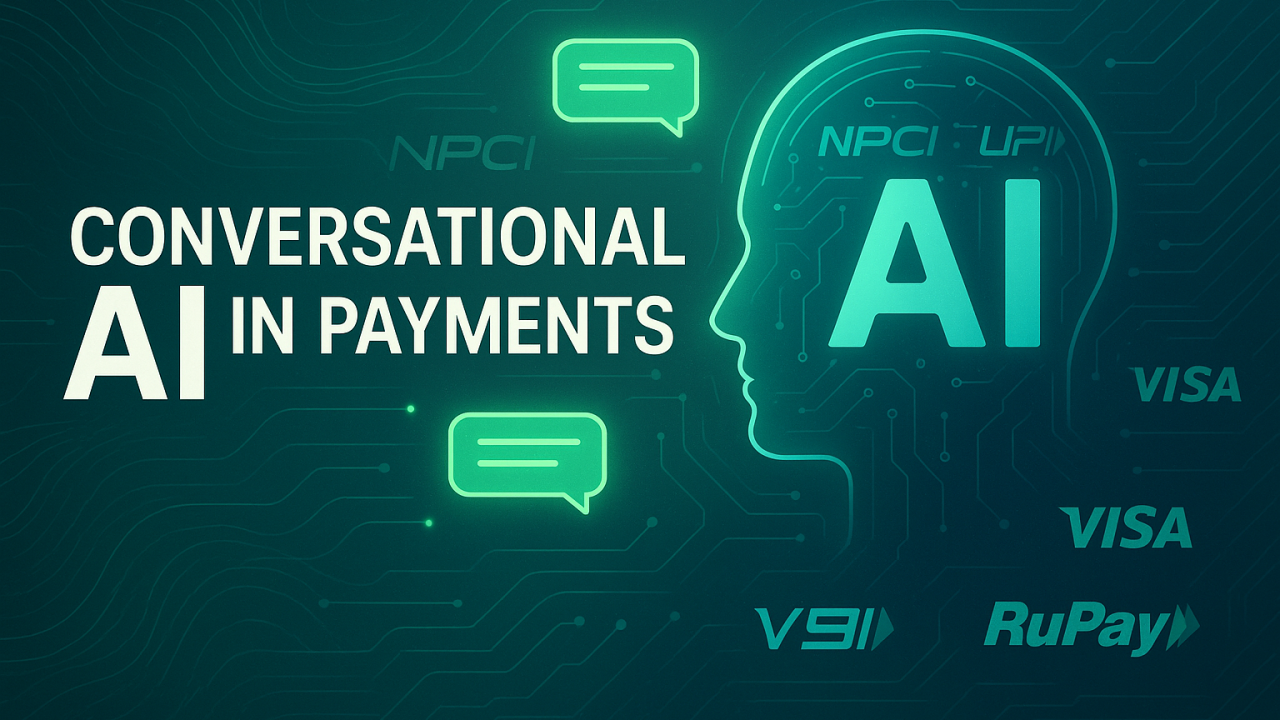Benefits of Self-Service Payment Plans for Past-Due Accounts

Managing past-due accounts has always been a challenge for businesses, especially when trying to balance recovery efforts with maintaining positive customer relationships. Traditionally, collection processes relied heavily on manual communication, mailed notices, and phone calls. However, these approaches often prove time-consuming, costly, and inconvenient for both businesses and consumers.
The emergence of self-service payment plans for past-due accounts has transformed how organizations handle collections. By giving customers the ability to manage their repayment options online, businesses can streamline operations, increase recovery rates, and improve customer satisfaction simultaneously.
Convenience and Accessibility for Customers
One of the greatest benefits of self-service payment plans is convenience. Consumers no longer have to wait on hold to speak with an agent or mail payments through traditional channels. Instead, they can log into a secure portal, view their outstanding balance, and select a repayment option that best fits their budget.
This flexibility ensures customers can make payments anytime, anywhere, removing barriers such as business hours or geographic restrictions. As a result, repayment becomes less stressful and more manageable for consumers.
Increased Recovery Rates for Businesses
For businesses, self-service payment solutions lead to higher recovery rates. Customers are more likely to pay when they have immediate, easy-to-use tools that allow them to set up manageable payment schedules. Automated systems also minimize missed payments by sending reminders and enabling recurring transactions.
By reducing friction in the repayment process, businesses experience faster recovery cycles and improved cash flow.
Cost Efficiency and Scalability
Traditional collection methods often require large call center teams and manual tracking, which can drive up operational costs. With self-service platforms, much of the process is automated, reducing the need for extensive human resources.
This scalability allows businesses to handle a higher volume of past-due accounts without significantly increasing overhead. It also ensures consistency in communication and payment handling, reducing errors and inefficiencies.
Enhanced Customer Experience
Collections are often viewed negatively by consumers, but self-service payment plans shift the dynamic by putting control in the customer’s hands. Instead of feeling pressured during phone calls, customers can explore repayment options in a low-stress environment.
The ability to customize payment plans fosters trust and strengthens customer relationships, even during challenging financial situations. This improved experience encourages customers to remain loyal to the business after resolving their past-due accounts.
Improved Compliance and Transparency
Compliance is a major concern in debt collection. Self-service systems provide built-in safeguards that ensure repayment options, communications, and disclosures align with regulatory requirements. Customers are also able to see the full details of their repayment plan clearly, promoting transparency.
This not only protects the business from compliance risks but also reassures customers that their repayment process is fair and reliable.
Integration with Modern Technology
Today’s self-service payment platforms often integrate with other business systems, such as customer relationship management (CRM) tools and payment gateways. This creates a seamless flow of data, ensuring accurate tracking and reporting.
These integrations make it easier for businesses to gain insights into repayment trends, identify bottlenecks, and adjust strategies to optimize collections.
Building Long-Term Financial Relationships
While the primary goal of collections is repayment, businesses also need to think about long-term customer retention. By offering self-service options that prioritize convenience and empathy, businesses demonstrate a customer-centric approach.
Customers who feel respected and supported during repayment are more likely to continue doing business with the organization in the future. This turns collections from a one-time transaction into an opportunity for strengthening long-term financial relationships.
Tips
Empower Customers to Manage Payments – Allowing customers to schedule and manage their own payments reduces the need for direct intervention and improves satisfaction.
Increase On-Time Payments – Self-service options make it easier for consumers to pay on time, which reduces late fees and improves overall cash flow.
Enhance Customer Experience – Providing a convenient, flexible payment system demonstrates respect for customers’ preferences and builds loyalty.
Reduce Operational Costs – Automating payment plan management decreases the workload for collections staff, saving time and resources.
Minimize Payment Disputes – Clear self-service platforms provide detailed account information, reducing confusion and disputes.
Offer 24/7 Access – Customers can manage their accounts at any time, accommodating different schedules and time zones.
Encourage Partial Payments – Flexible self-service options allow consumers to make partial payments, which helps recover funds that might otherwise be lost.
Improve Cash Flow Predictability – Automated plans provide better visibility into expected payments, allowing for more accurate cash flow forecasting.
Support Multiple Payment Methods – Offering various payment options through a self-service portal increases the likelihood of timely repayment.
Reduce Customer Stress and Frustration – A straightforward, user-friendly platform gives customers control over their accounts, reducing anxiety about past-due balances and fostering better relationships.
Conclusion
Self-service payment plans represent a significant advancement in the way businesses manage past-due accounts. They provide convenience and flexibility for customers while boosting efficiency, compliance, and recovery rates for businesses. By leveraging modern self-service tools, organizations not only resolve outstanding debts more effectively but also build trust and loyalty with their customers.
In a world where digital convenience is expected, offering self-service payment solutions is no longer optional—it is essential for businesses seeking sustainable growth and stronger customer relationships.



